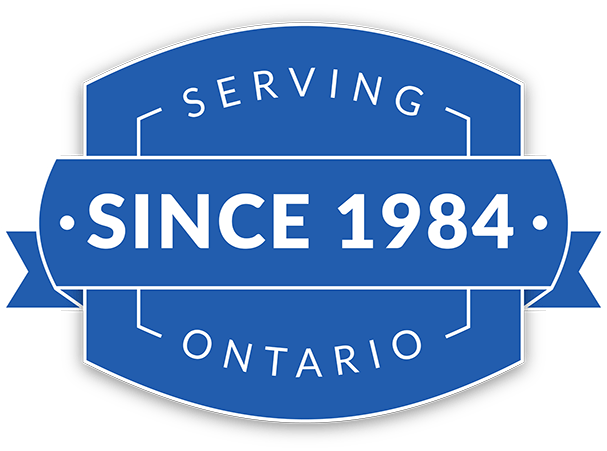
Protecting Your Multi-Generational Home: What You Need to Know
Protecting Your Multi-Generational Home: What You Need to Know Ontario’s multi-generational homes are becoming increasingly popular, with families choosing to live together to support aging...




